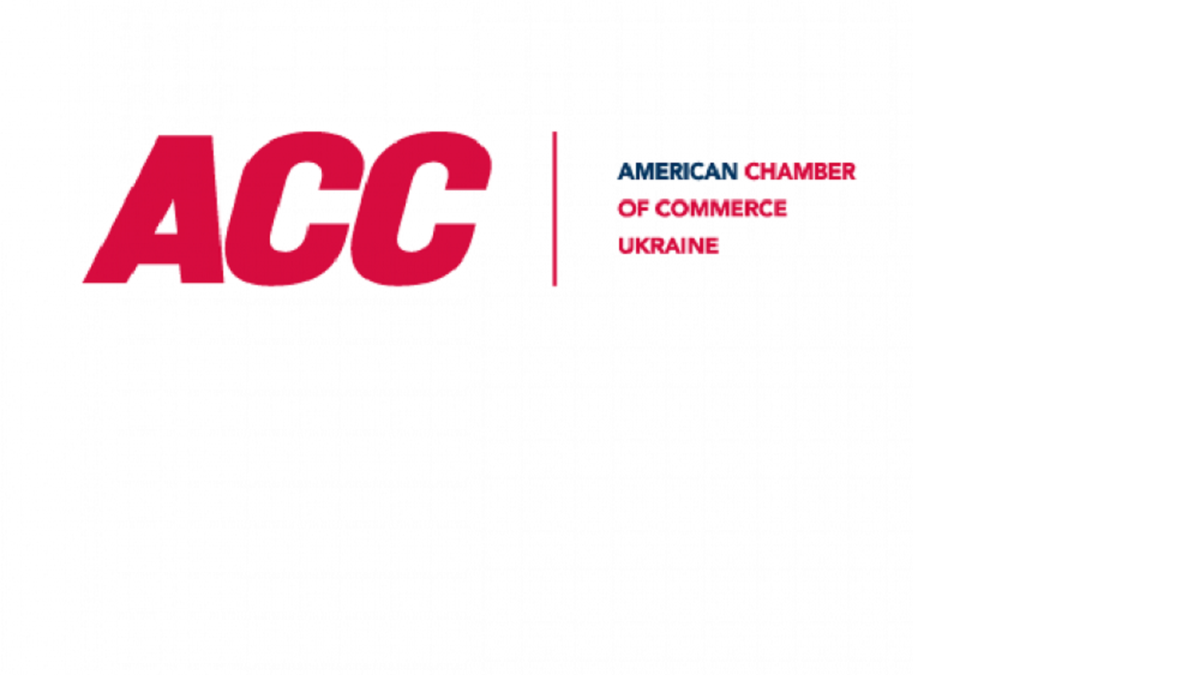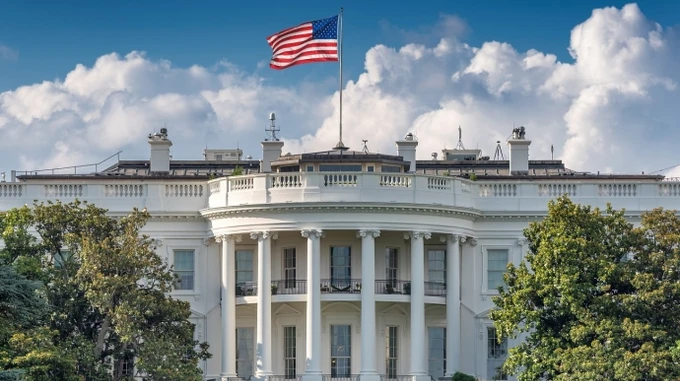The EU demands that the G7 tighten restrictions on the sale of oil from Russia

The EU is demanding a reduction in the price limit for the sale of Russian oil
Representatives of EU countries assure that this will further reduce the Kremlin's revenues, which are used to finance the ongoing criminal war against Ukraine.
Measures aimed at reducing oil export revenues are crucial, as they reduce Russia's single most important source of income, — emphasizes a joint letter from Sweden, Denmark, Finland, Latvia, Lithuania and Estonia to the European Commission.
The statement notes that the time has come to further strengthen sanctions against Russia by lowering the ceiling on oil prices in the G7 countries.

The price ceiling for the G7 countries was set at $60 per barrel for Russian crude oil, and for petroleum products at a maximum of $100 per barrel for premium petroleum products and $45 per barrel for other petroleum products.
These limits have remained unchanged since December 2022 and February 2023. At the same time, Russian crude oil prices on the market were on average below this level in 2023 and 2024.
The international oil market is better supplied today than in 2022, reducing the risk that a lower price ceiling will cause a supply shock. Given limited storage capacity and excessive dependence on energy exports for revenue, Russia has no alternative to continuing to export oil even at a significantly lower price, the authors of the appeal emphasize.
What is known about the impact of US sanctions on the Russian oil industry?
The latest large-scale US sanctions package covers more than 400 individuals and organizations in the Russian energy sector that are financing the Kremlin's criminal war against Ukraine.
Oil refineries in India and China will have to buy more oil from the Middle East, Africa and America, which will lead to higher prices and transportation costs.









